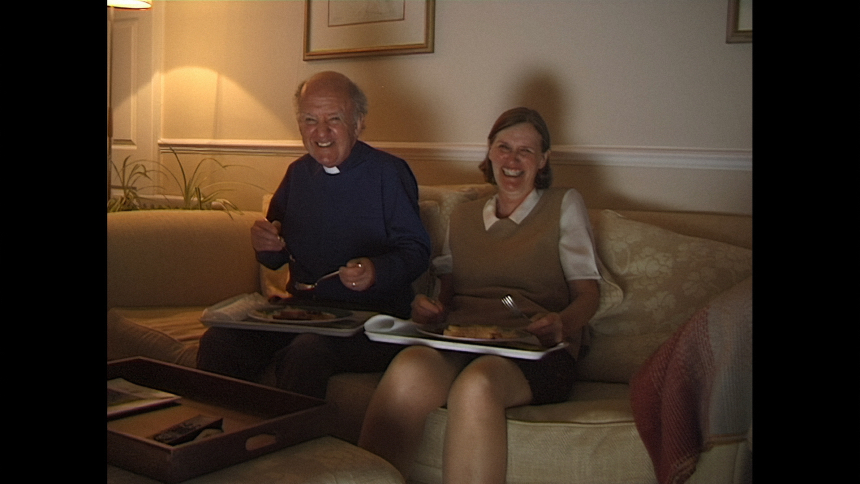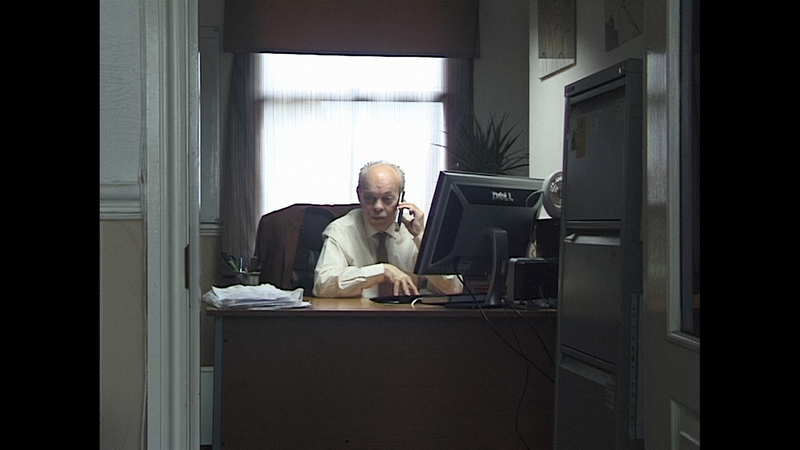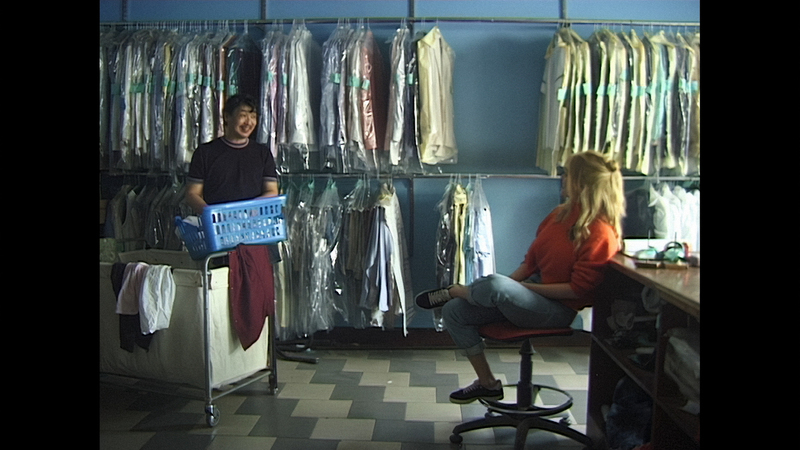Locarno 2024 Review: FOUL EVIL DEEDS, Mundane Mischief, Dark Humor Blend in British Anthology
Emerging British director Richard Hunter takes a darkly comic lens to human behavior, blending mundane misfortunes with moral ambiguity in a series of vignettes.

British filmmaker Richard Hunter maps human behavior in his portmanteau film, Foul Evil Deeds, focusing on mundane acts of mischief, malice, bad luck, and moral ambiguity. The film's scenarios range from the trivial to the tragic, offering a study of human nature in various circumstances.
Hunter's directorial style has evolved significantly since his early days of making skateboard films on VHS. In Foul Evil Deeds, he transitions from documentary filmmaking and music videos to fiction filmmaking. The film unfolds in media res, with each episode introducing its characters without preamble. Some stories develop in a linear fashion, while others remain ambiguous until a deadpan punchline.
Despite its title, which suggests an exploration of malevolence in contemporary society, Hunter’s dark comedy leans more towards themes of bad luck and accidental misfortune than deliberate malice or psychopathic behavior.
Foul Evil Deeds is unmistakably British in its tone and approach. The opening of each vignette often resembles the setup of the dark anthology series Inside No. 9. However, Hunter employs a more subdued poetic style compared to the sharper blend of horror and comedy spiked by melancholia trademarked by Reece Shearsmith and Steve Pemberton.
Hunter’s protagonists are frequently caught in predicaments that seldom reach resolution. The storytelling quality and the intrigue of each episode vary throughout the film.
This is exemplified in the first story, which centers on an unwilling janitor (Alexander Perkins). His reluctance toward his job becomes evident when, believing the building to be empty, he starts cleaning the women's restroom and accidentally frightens a woman in one of the stalls.
Hunter employs minimalist storytelling here, with an uneventful progression that culminates in a deadpan, banal denouement reminiscent of Shearsmith and Pemberton’s juvenile style. The janitor’s fate continues in subsequent snippets that delve into the aftermath of the restroom incident, where Hunter, with the precision of an experienced short story writer, reveals the character's backstory and the source of his pent-up anger.
A more expansive story focuses on suburban life, featuring a vicar named Andrew (James Benson) and his wife Claire (Tracy Bargate). Andrew, resembling a more lucid version of Father Jack from the cult series Father Ted, finds his peaceful existence disrupted by minor inconveniences, such as maggots in the closet and a rotting cat in the bushes.
While Hunter extends the narrative arc around the dead cat and neighborhood relations, the comedic highlight is Andrew’s growing sexual frustration as his wife, preoccupied with these nuisances, refuses his advances. The peak of Hunter’s minimalist comedy is a brief scene where the vicar nonchalantly watches a porn video in his office. It is in these fleeting moments that Hunter’s comedy is most effective, though he often shifts focus abruptly, as seen when he returns to the dead cat storyline.
Another episode echoes Inside No. 9 in its portrayal of a domestic routine, featuring an immigrant dry-cleaning worker named Zak (Song-Hung Chang) who lives with his wife Mildew (Mary Wallin) and their two daughters, Ruby and Annie (played by Ruby and Annie Wallin). Hunter zeroes in on Zak’s everyday interactions at home and at work with his young colleague Katie (Freya Evans).
Here, all significant events occur off-screen, leaving the audience to witness only their aftermath, which disrupts Zak and Mildew’s domestic routine. Hunter’s observational style is almost voyeuristic, capturing the subtle shifts in their family dynamics.
Among the more chilling segments is one featuring a father living in an upscale apartment with his young son. The father deflects the boy’s questions about his mother’s absence, only to later dispose of a dead body in a gruesome manner, remaining disturbingly unfazed throughout. A less compelling story involves a group of teenagers whose long-winded banter culminates in a prank gone awry, ending rather anticlimactically, which might be the punchline of the long buildup.
Hunter chose to shoot Foul Evil Deeds on MiniDV, a format associated with home videos and early 2000s amateur filmmaking. The grainy, low-resolution footage adds a raw quality to the film, complemented by static, locked-down shots.
The film’s narrative unfolds through a series of moral vignettes, each exploring different facets of human behavior. The array of characters and situations—ranging from a lawyer ending his marriage to city boys involved in a thoughtless prank—are depicted with a clinical detachment.
Foul Evil Deeds has its highs and lows, and might have been more effective as a (web)episodic series rather than an anthology feature. Despite its unevenness, the film’s raw aesthetics and its dark, grounded British take on the comedy of manners mark Hunter as a filmmaker to watch for future projects.
Foul Evil Deeds
Director(s)
- Richard Hunter
Writer(s)
- Richard Hunter
Cast
- Alexander Perkins
- Song-Hung Chang
- Des Yankson









-thumb-80x80-102438.png)